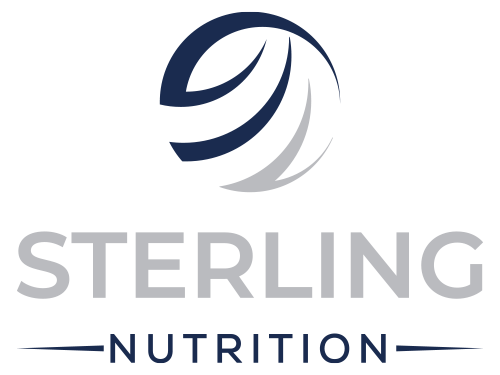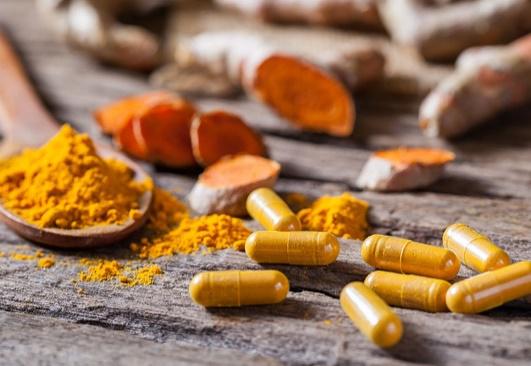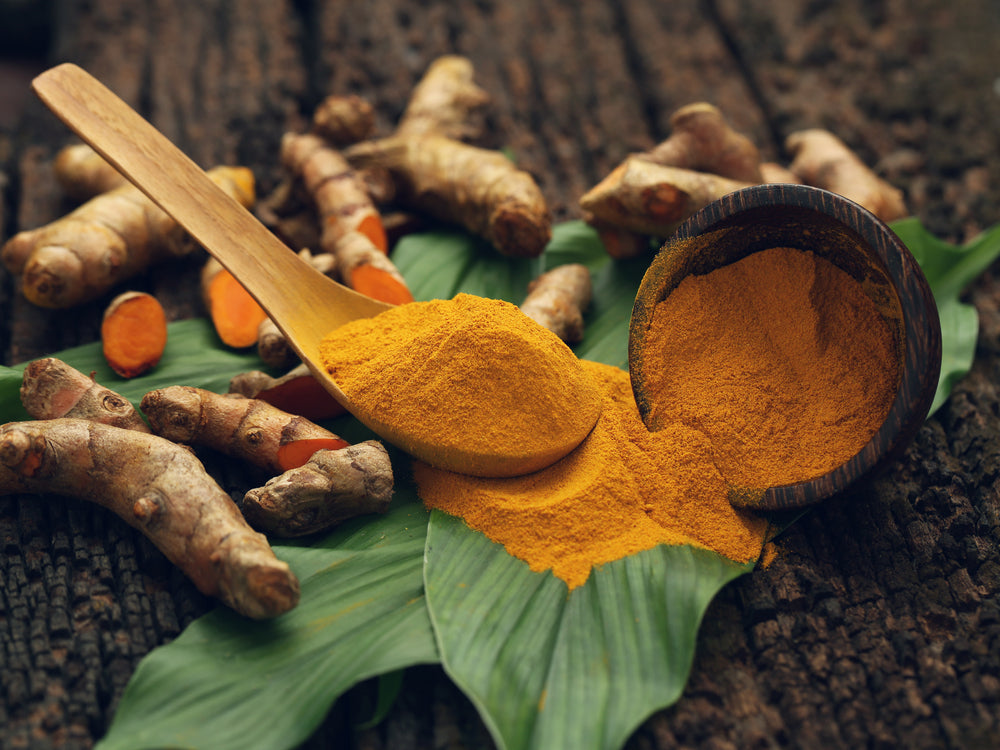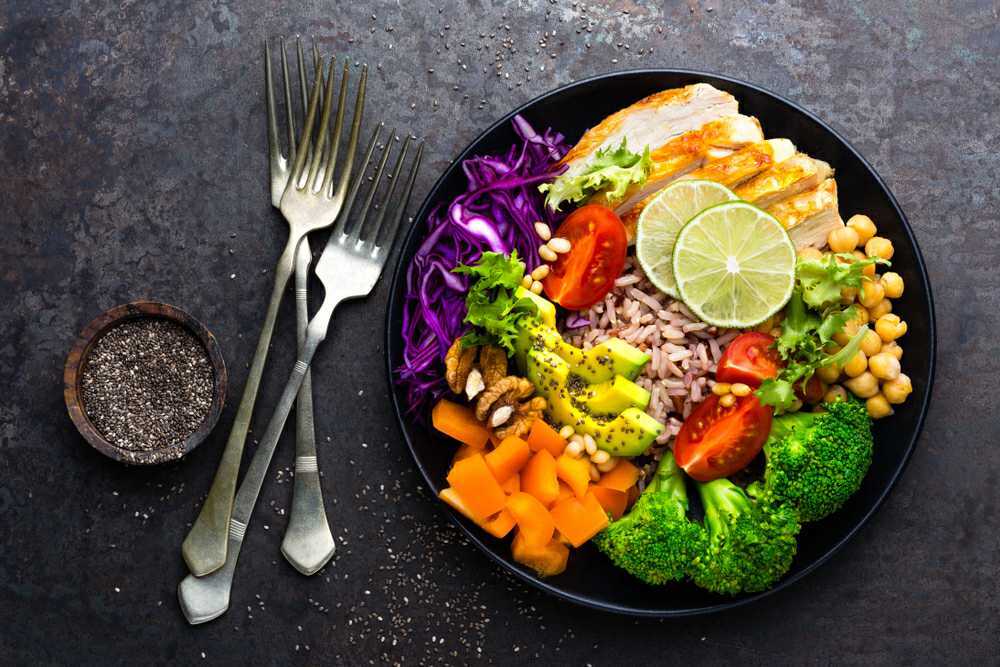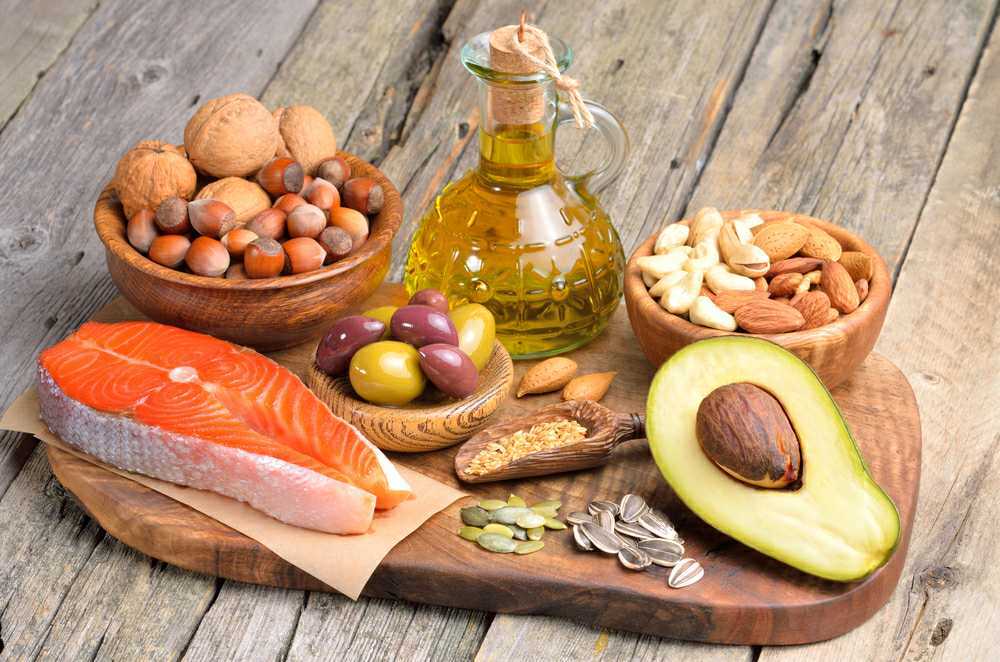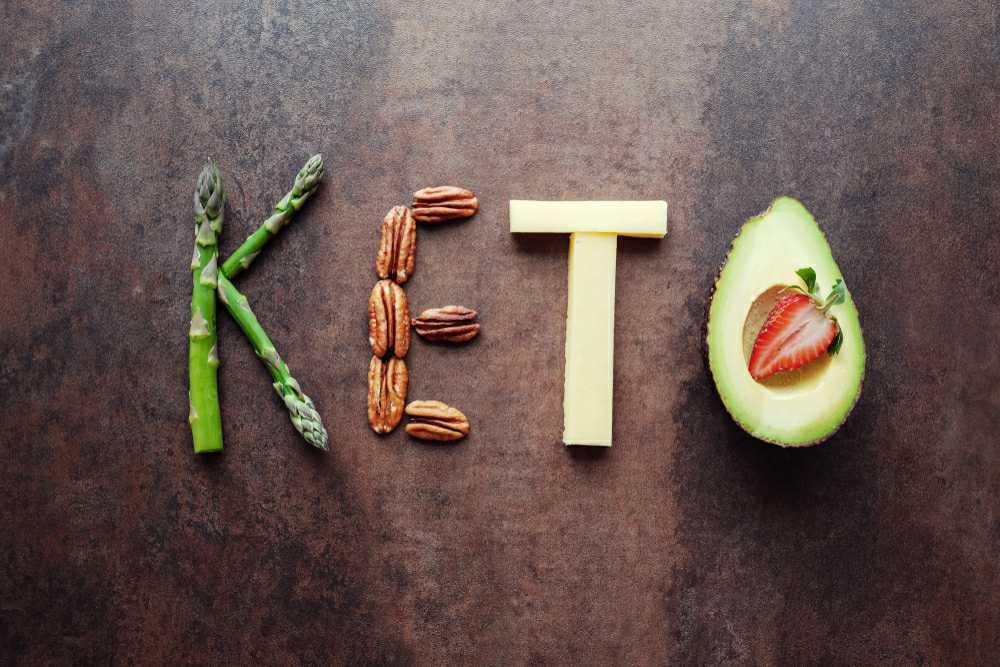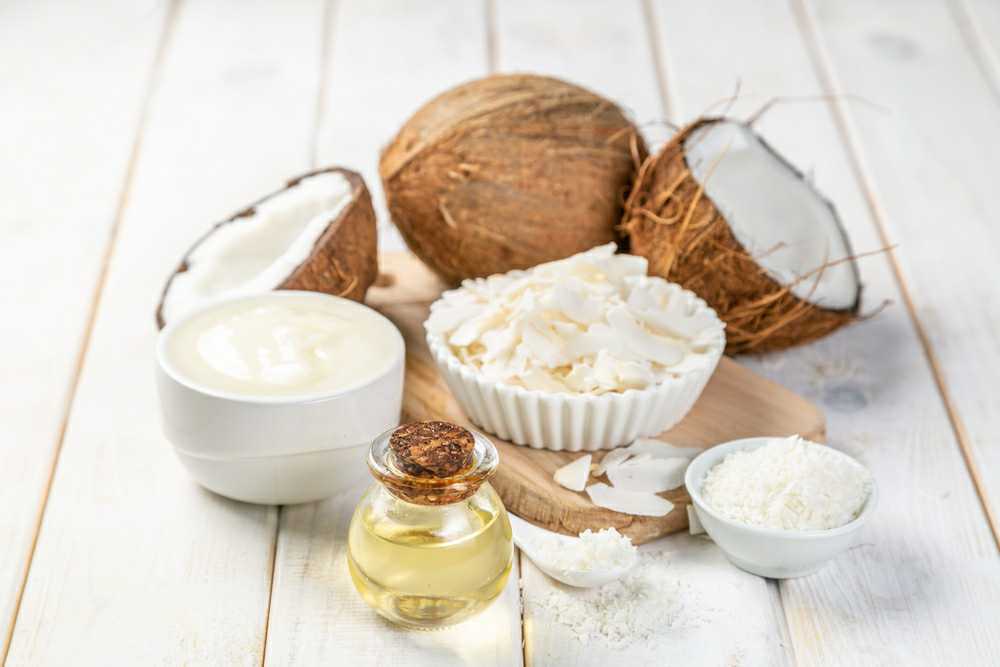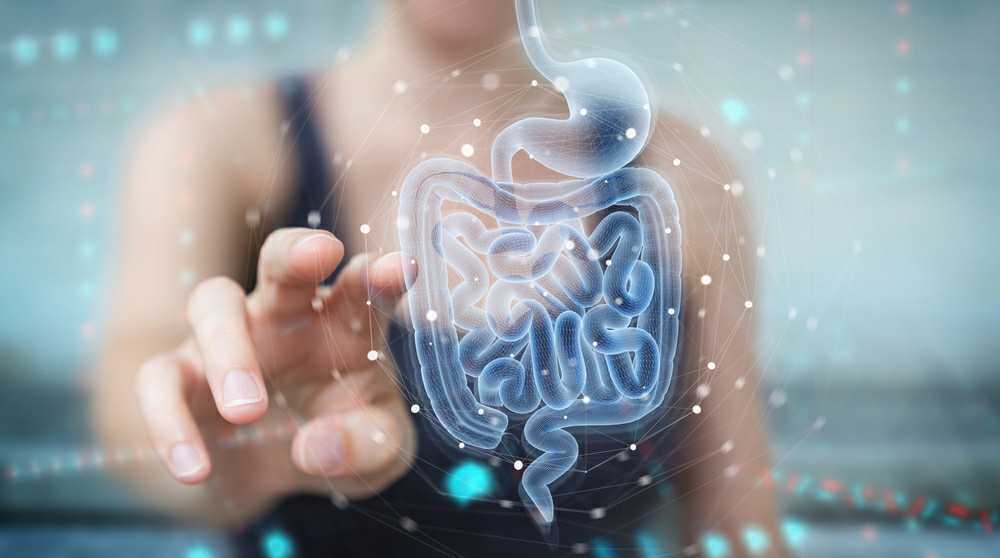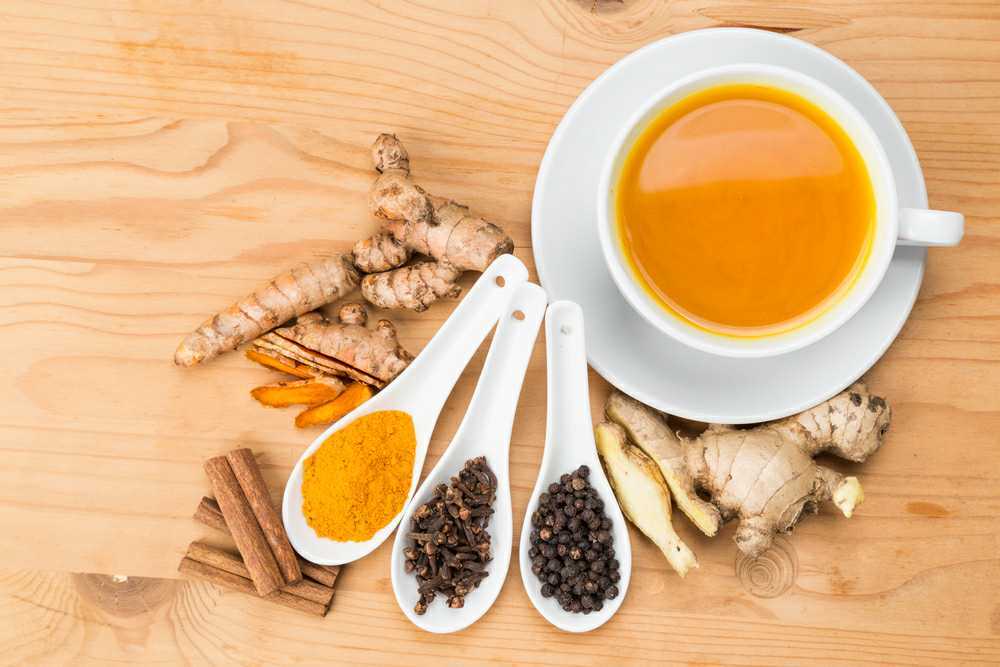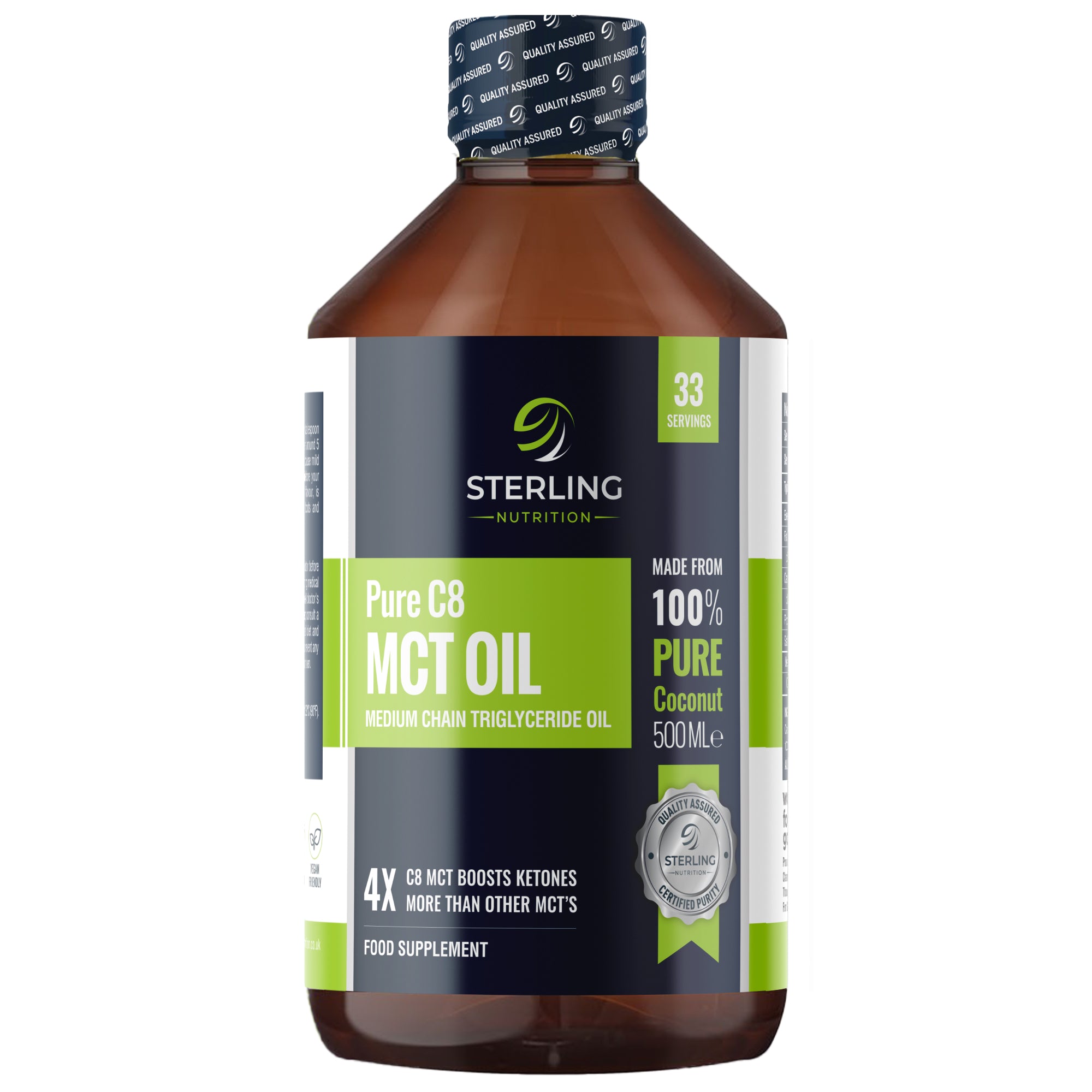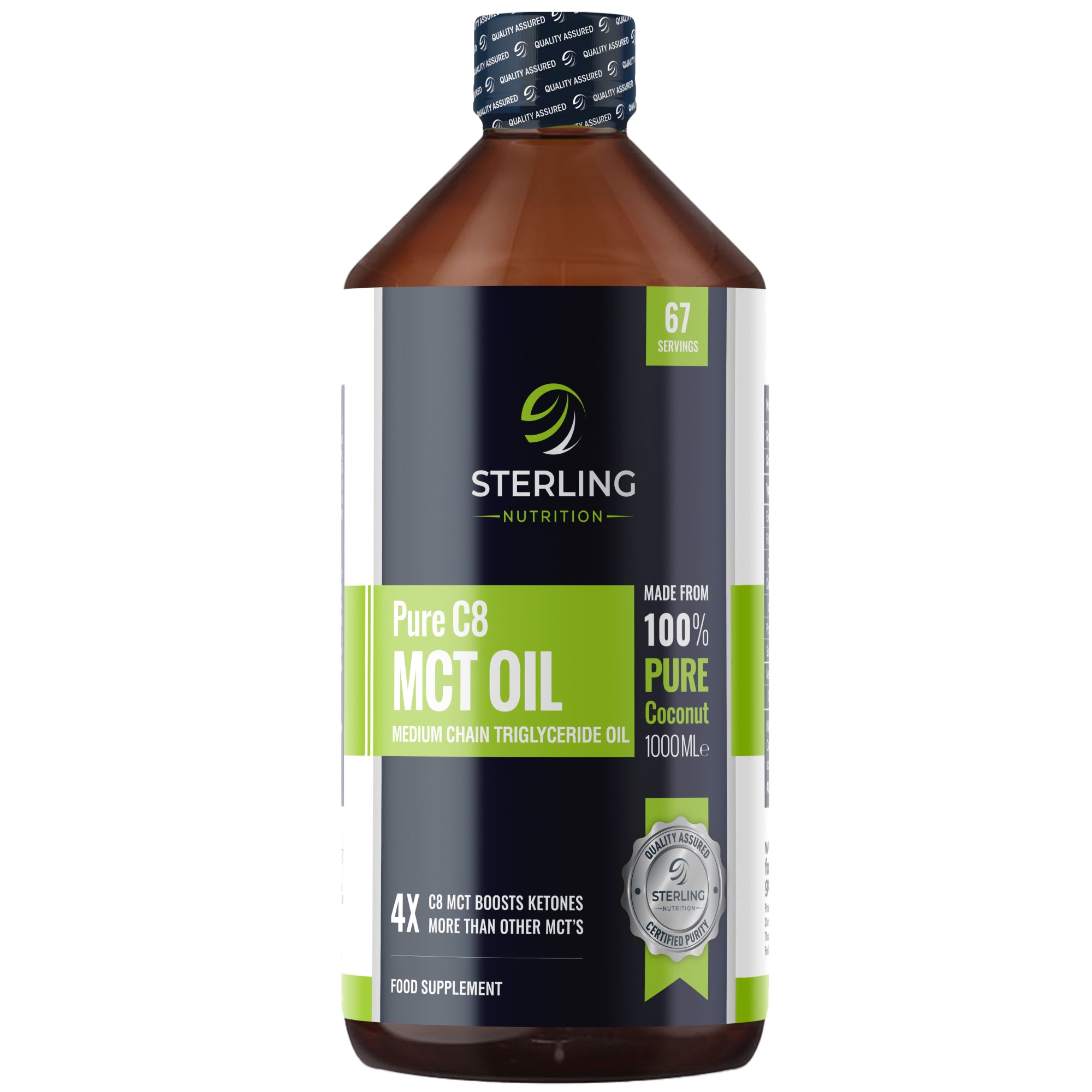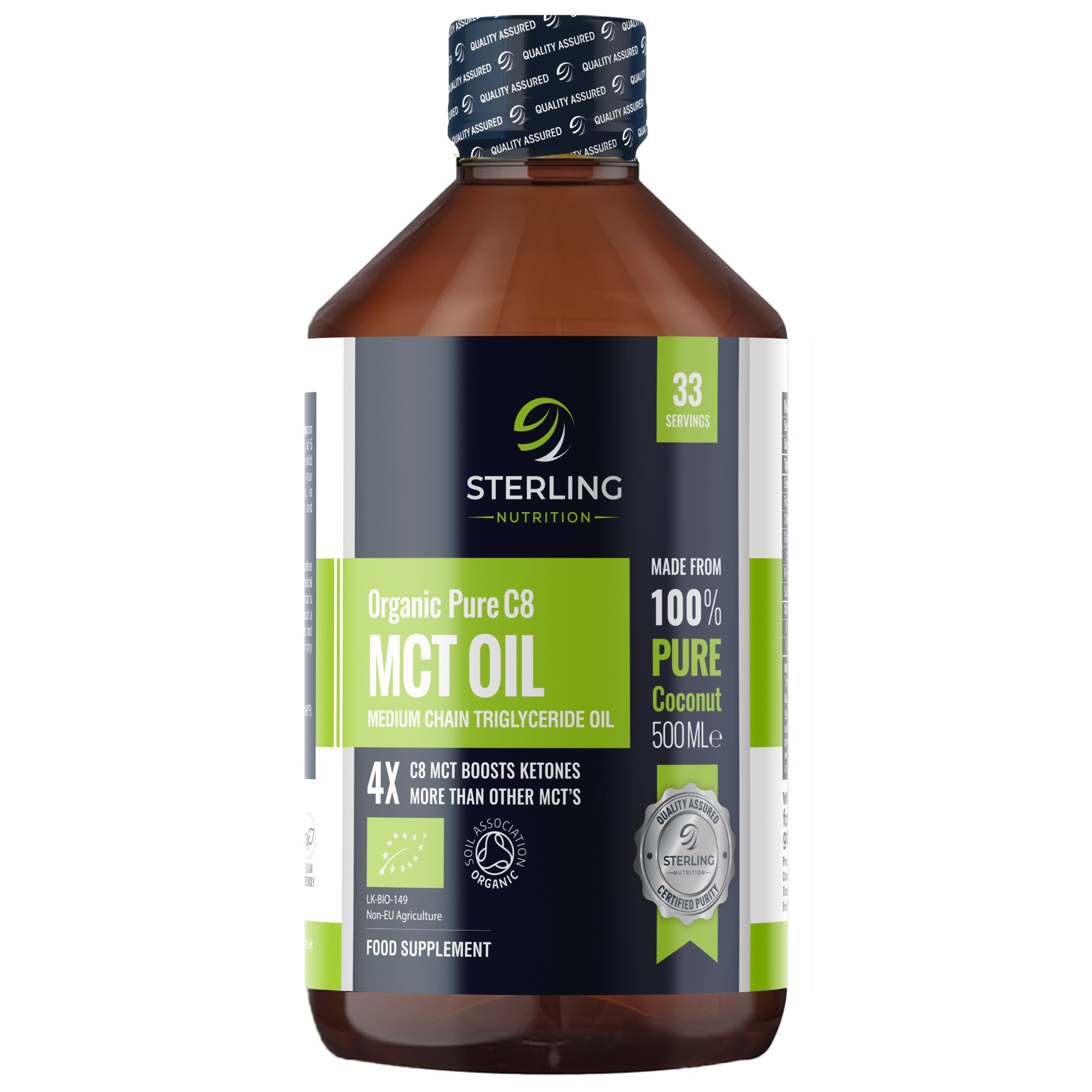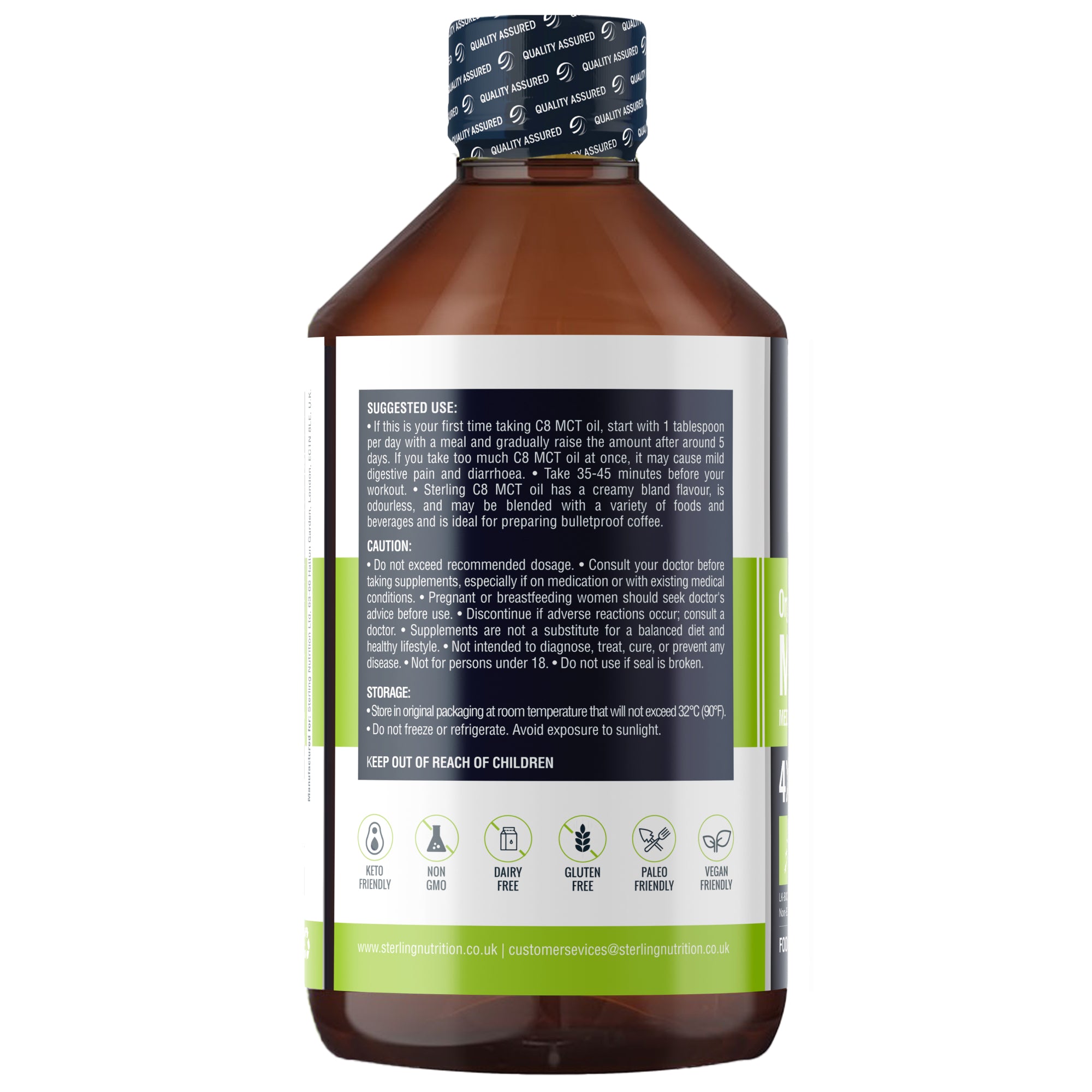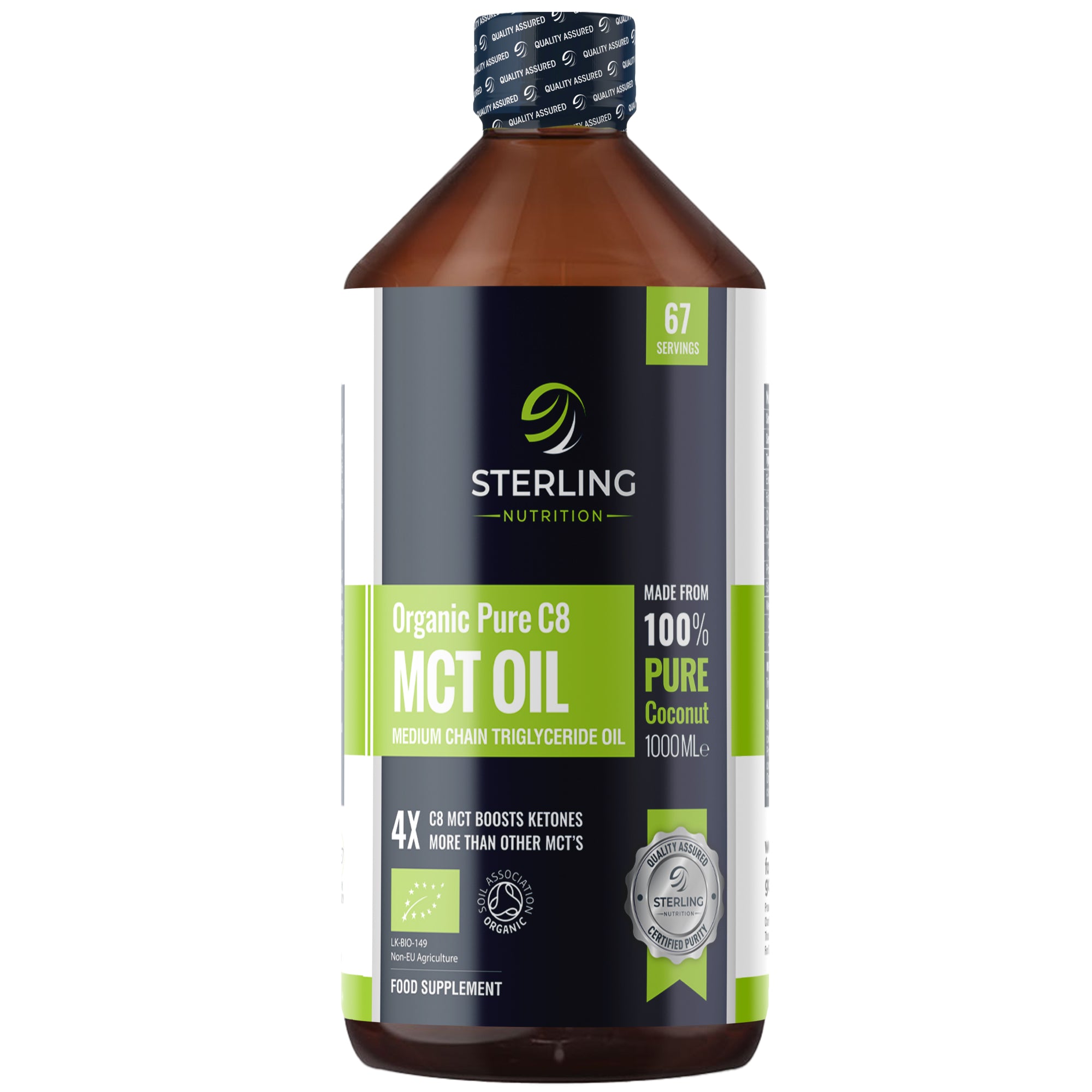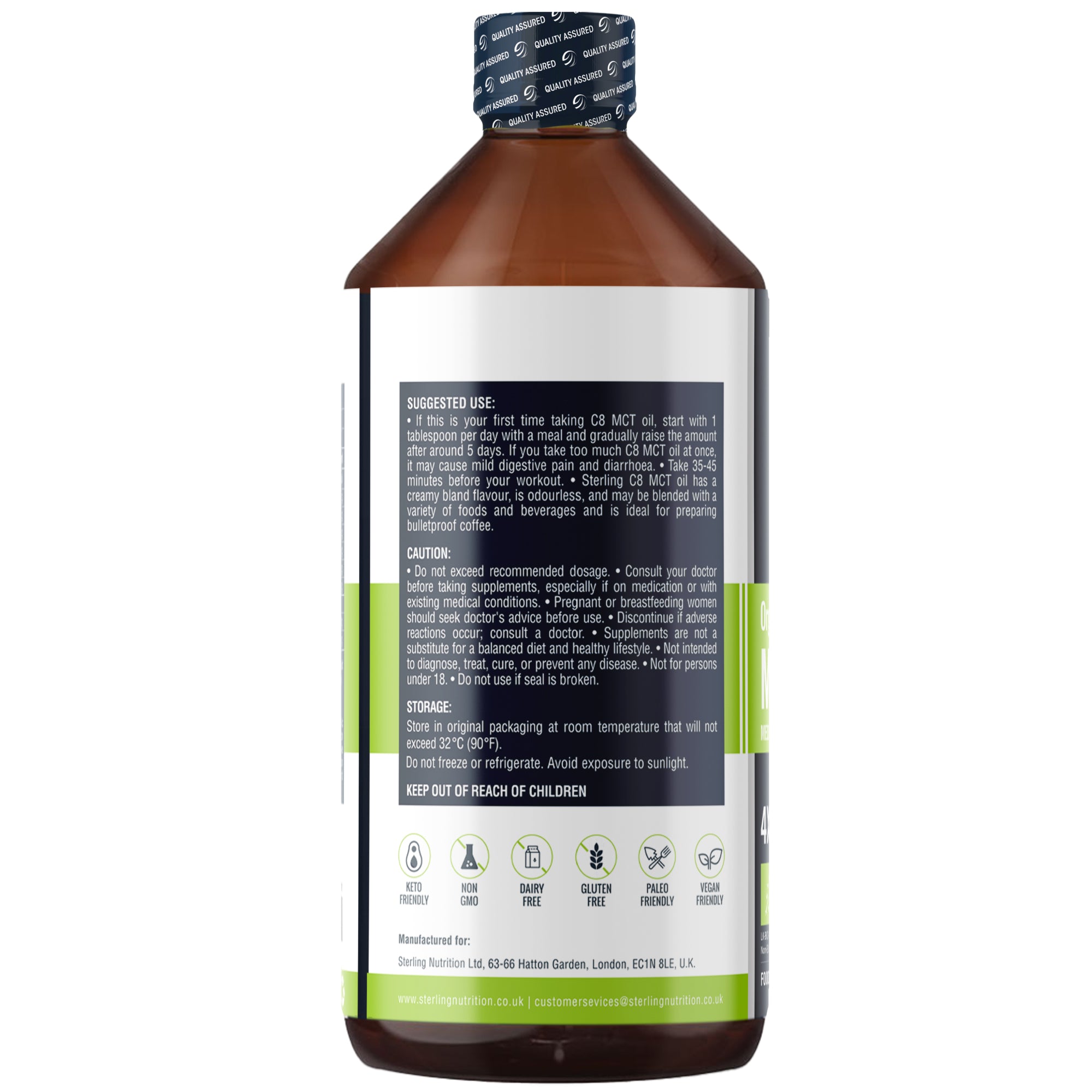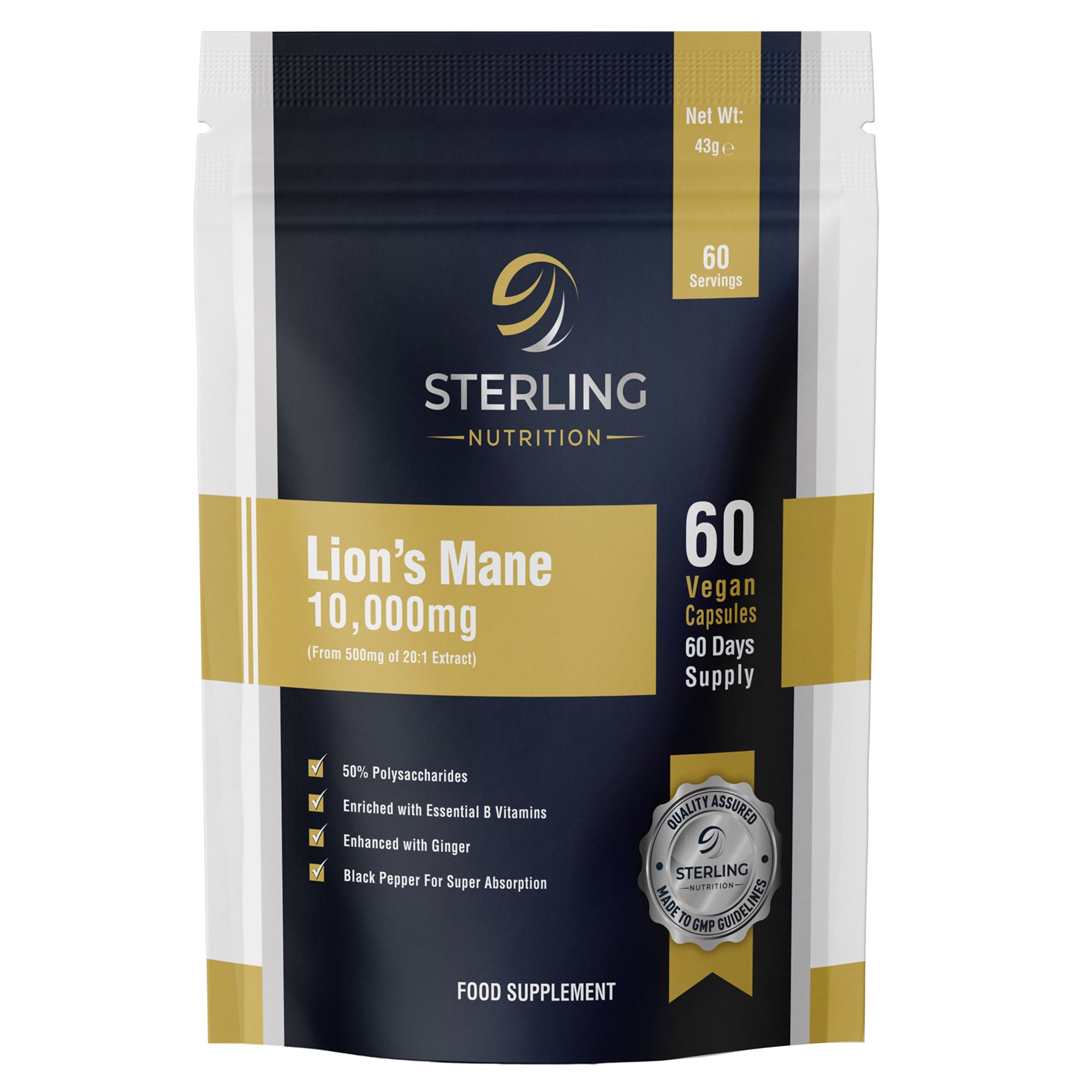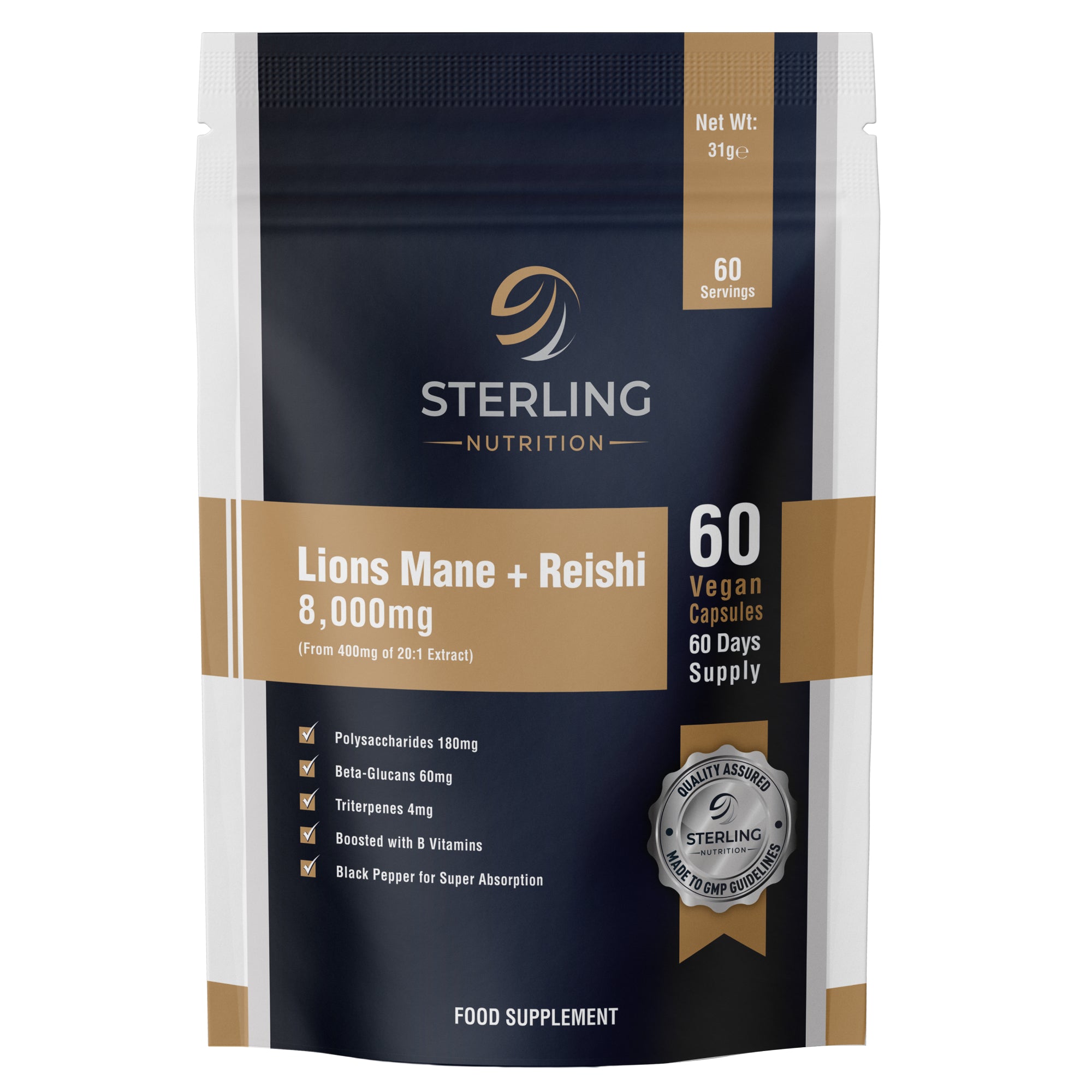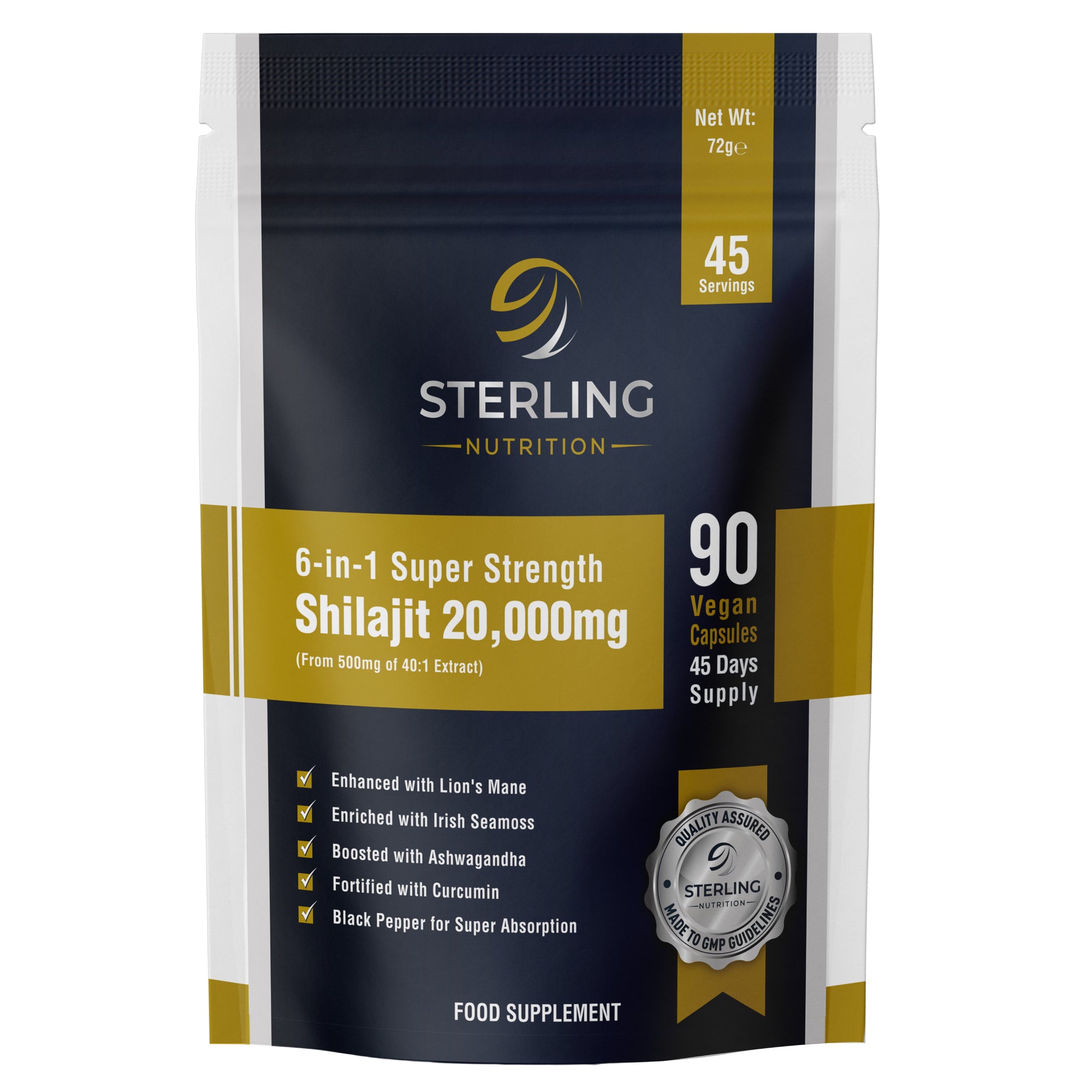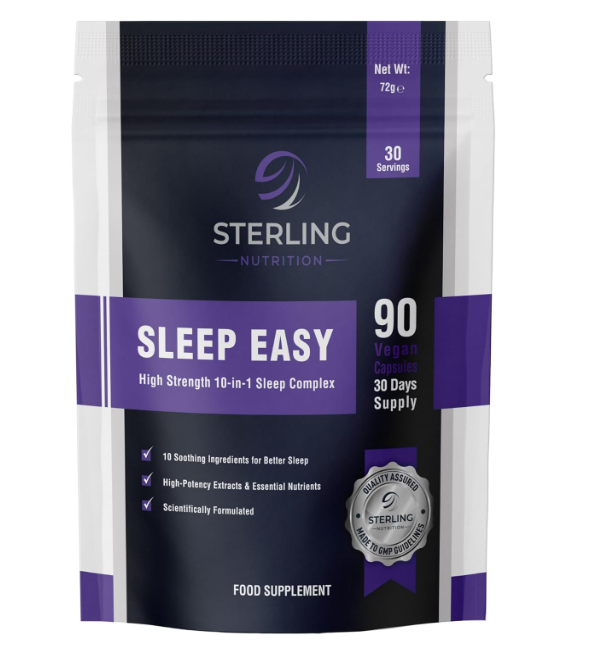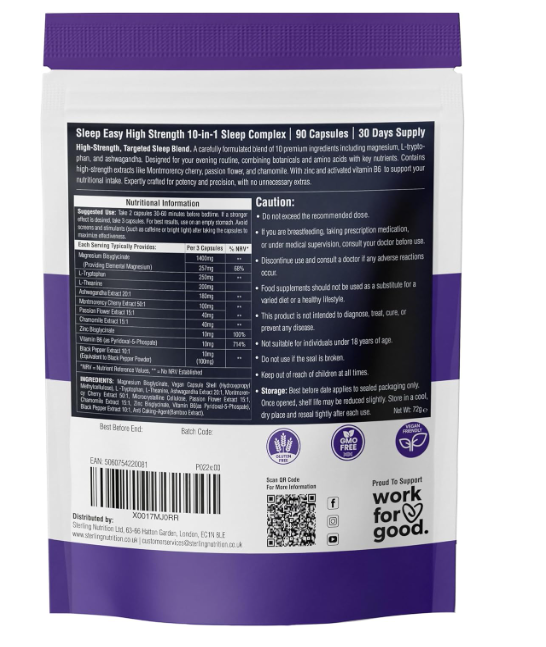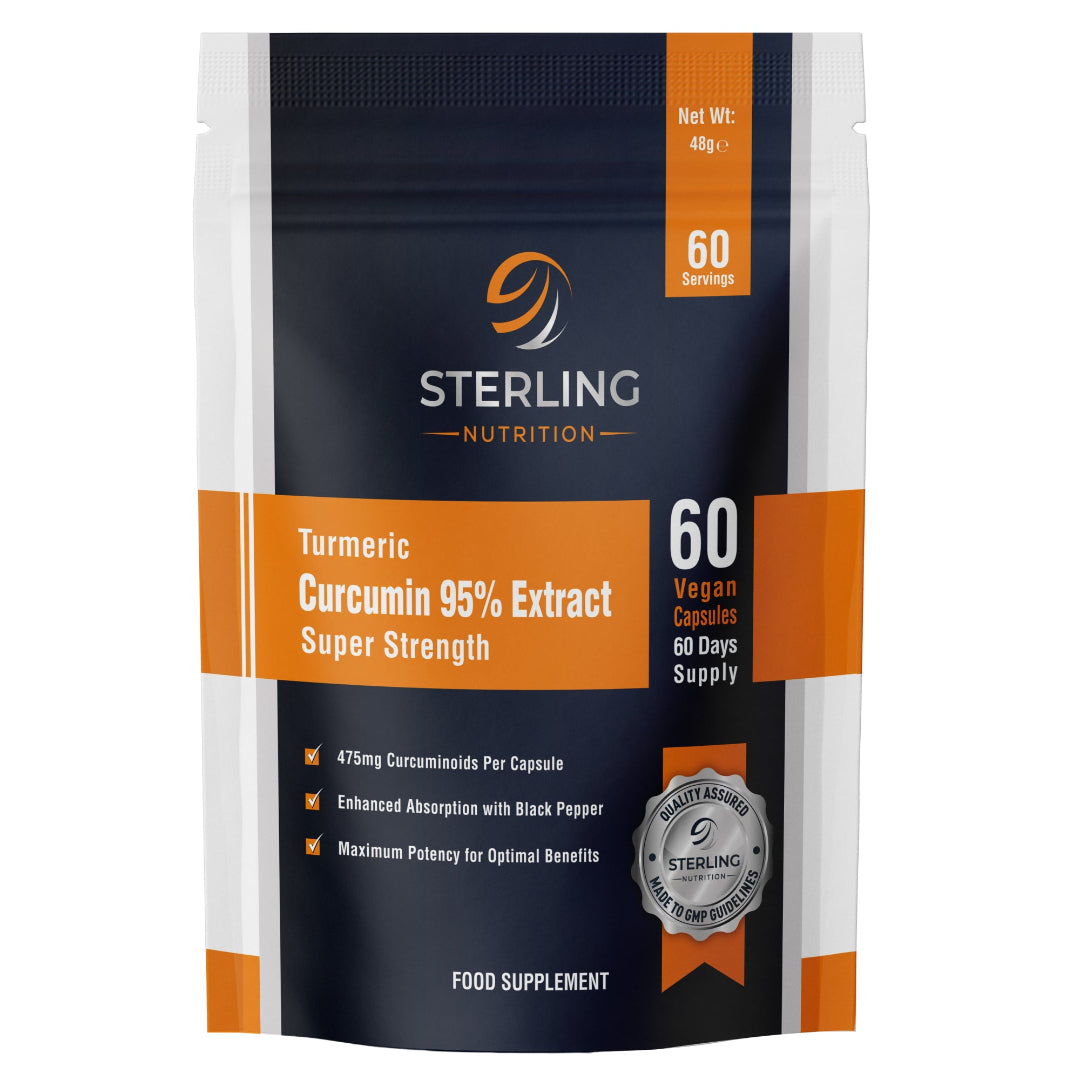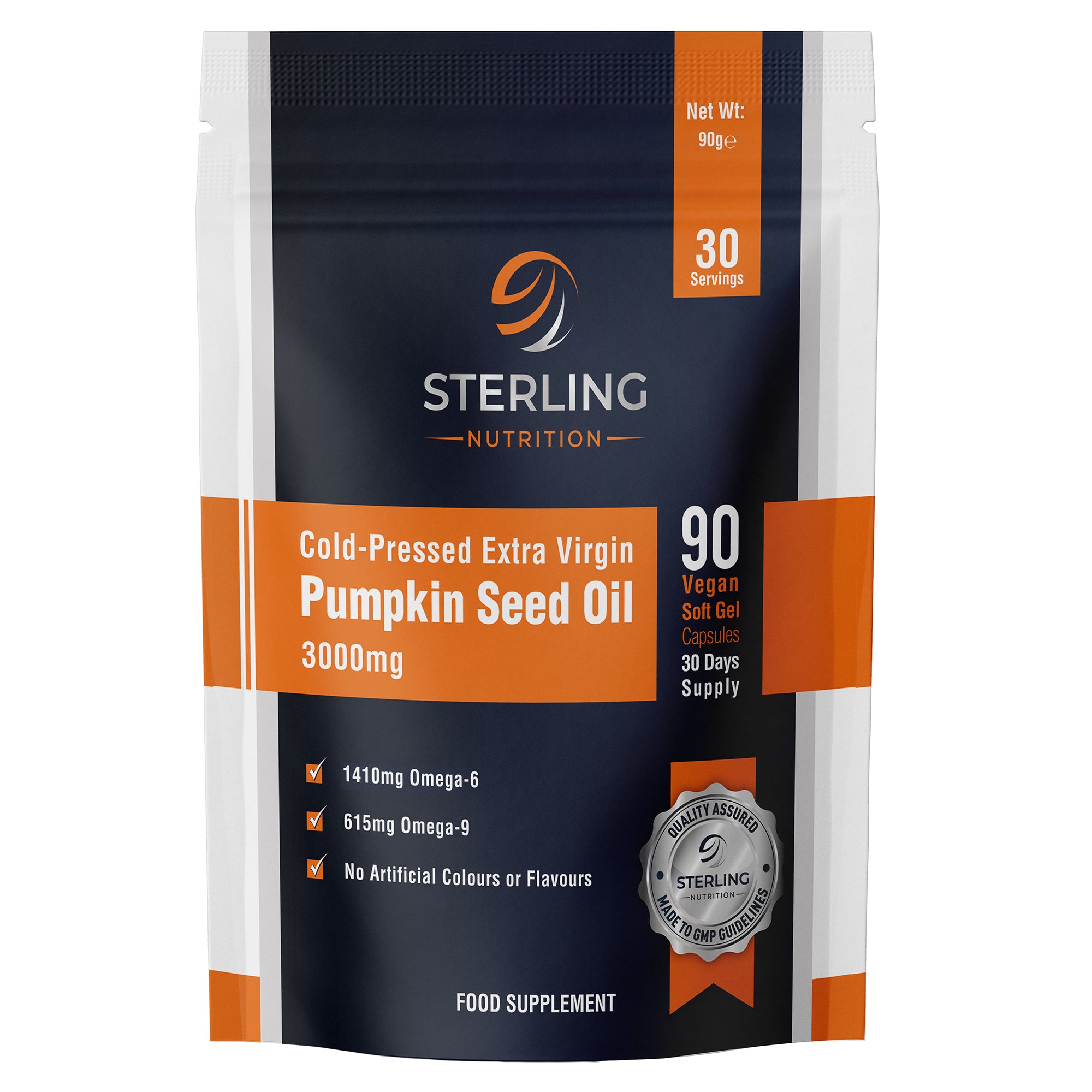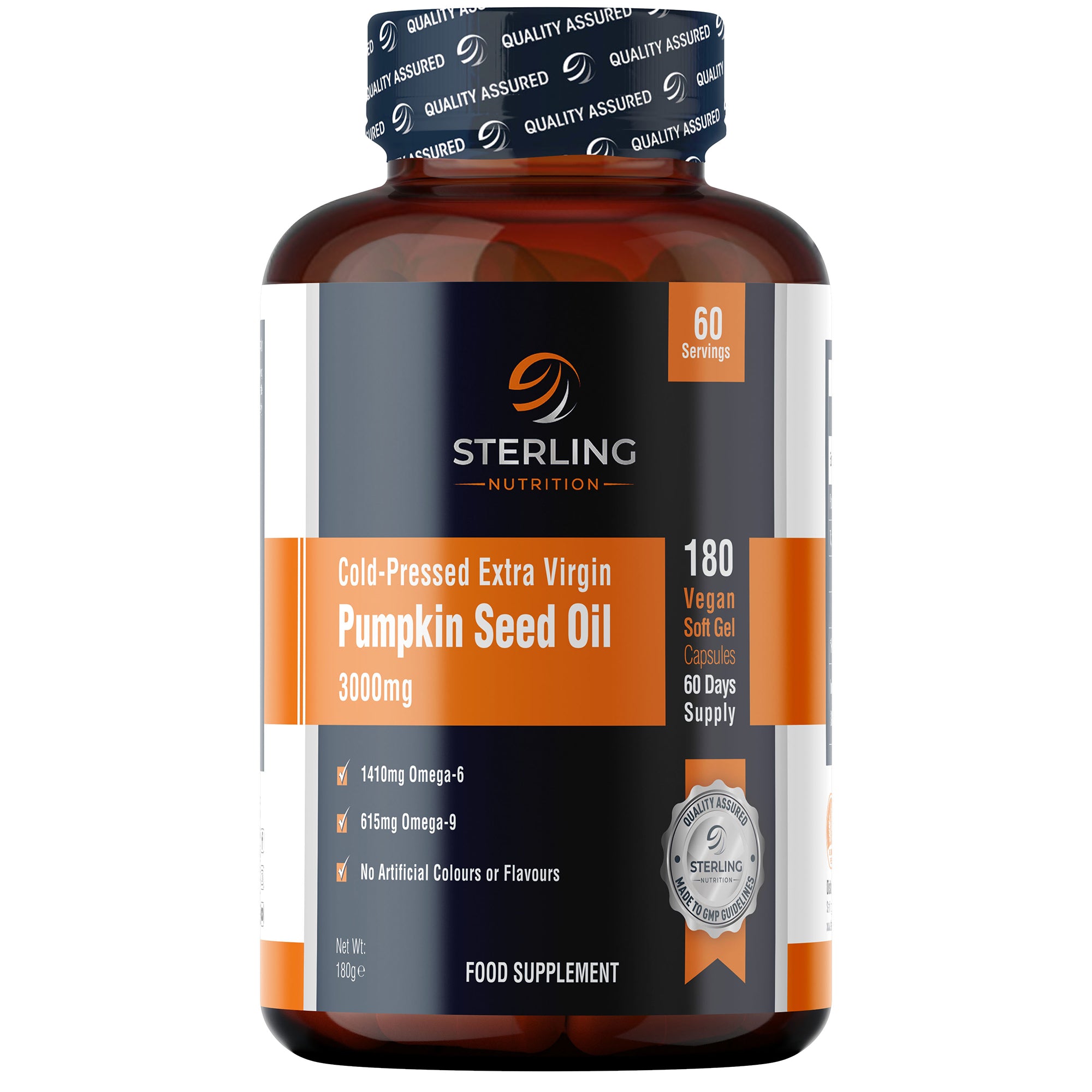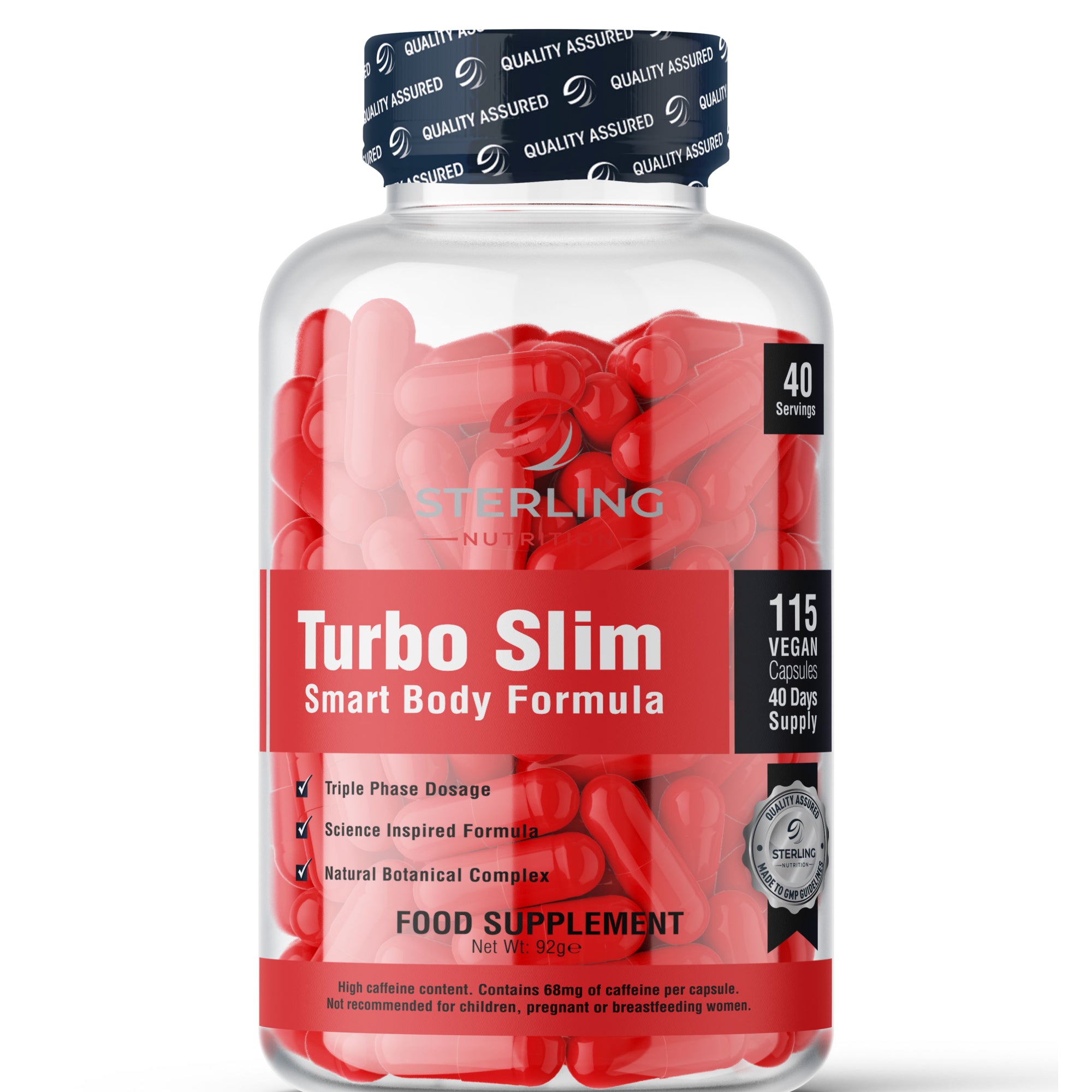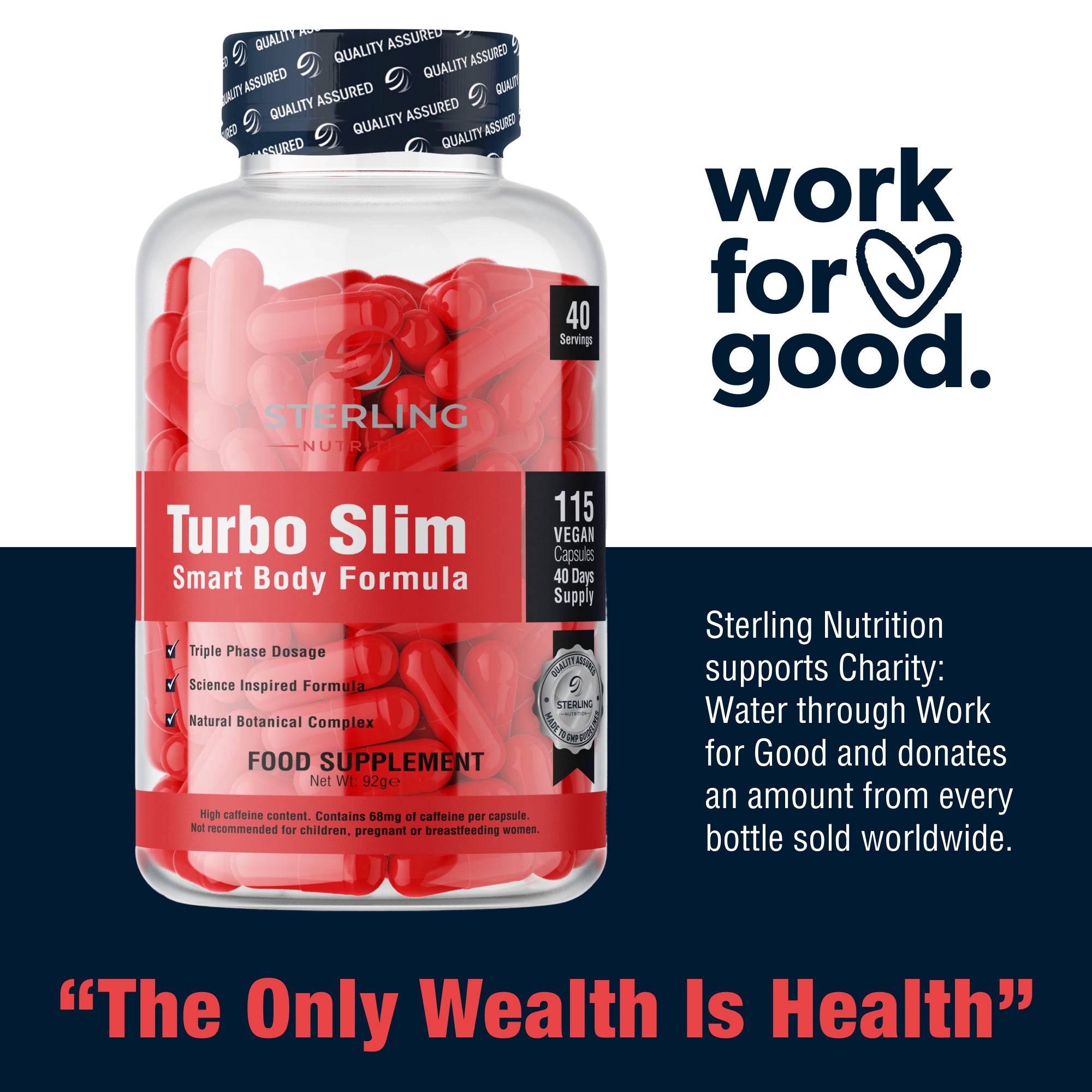
Things That Can Happen When You Go Vegan For A Month


Have you ever fallen for a vegan diet? I am sure that the answer would be yes!
Quitting on animal and dairy products has become a trend nowadays. Everyone wants to experience this dietary regime because of its tremendous health benefits and disease-preventing properties.
However, your body reacts whenever you opt for an animal-based diet. These changes could be minor to complex depending upon your previous routine of animal products consumption. The body doesn’t show much response if you use animal products in a small quantity.
On the other hand, severe changes can be observed if you wholly depend on animal and dairy products. People who give up on animal foods face micronutrient deficiency disorders because meat and dairy are rich sources of different vitamins and minerals. Therefore, they look for vegan supplements in the UK to fulfil or overcome these deficiencies. This article will help you find the vegan supplements UK.
What happens to your body when you go vegan for a month?
Adopting a meat-free lifestyle is not that simple. Your body undergoes specific physiological and psychological changes. The severity of these changes depends on the extent of the change in dietary pattern. Following are some changes inside your body on adopting a vegan diet.
-
A sudden loss in weight

Indeed, animal products (e.g. meat, poultry, dairy and eggs) are an efficient source of proteins. Animal proteins are more biologically available than plant-based proteins. Meat and associated products provide water-soluble vitamins and minerals (like B-vitamins, iron, magnesium).
But on the other hand, animal products are the primary source of saturated fats. Saturated fat is associated with adverse health effects like cardiovascular disorders, diabetes, obesity, increased visceral fat, diabetes and certain cancers (e.g. colon cancer).

A vegan diet that consists of plant foods is an excellent source of fibre and other complex carbohydrates. Fibre is a super ingredient to fight against obesity. It decreases the amount of cholesterol in the blood up to the required level.
It also prevents the accumulation of low-density lipoproteins (LDL) inside the body. Animal products like beef and bacon are considered high protein and high-calorie foods. Calories more than daily requirements get stored into fatty tissues in the form of fats. In turn, the person could get weight.
Plant-based protein sources (like soy milk, beans, tempeh, & tofu) are low in fats and calories, which help maintain body weight and composition.
-
Controlled blood sugar level

The average blood sugar level is the tremendous gift of the vegetarian diet. Animal protein and fat decrease insulin sensitivity, and our body cannot respond well to insulin.
This situation, if prolonged, may lead toward insulin resistance that ultimately raises the blood glucose level. If not appropriately managed, hyperglycemia (elevated blood glucose level) can be the first step towards diabetes mellitus.
A vegan diet can reverse the situation by improving insulin sensitivity and decreasing insulin resistance. A 16-week research study performed in 2018 concluded that obese persons with insulin resistance were provided with plant-based diets, and after the experiment, they showed an increase in insulin sensitivity. Another noticeable change is that their pancreatic cells start to produce enough insulin according to body requirements.
If you are already a diabetic person, switching to a plant-based diet can assist you to control this chronic situation. Mediterranean and Keto diets are extensions of plant-based diets and have gained much publicity nowadays.
-
Improved gut health

Vegan foods contain soluble and insoluble fibre, complex carbohydrates, and less fat, ultimately improving gut health and boosting digestion. Fibre adds bulk to stool that regulates transient gastric time and maintains bowel movement to its perfect place.
High protein and associated fats make the gastric environment more acidic during digestion. That can further lead to several adverse health effects. But plant proteins do not work in this way and follow a smooth digestion process.

Some dietary fibres and oligosaccharides act as Prebiotics that nourish healthy bacteria residing in our gut. Probiotics are good microflora in the colon and have a therapeutic role against certain cancers.
-
Controlled level of blood pressure and cholesterol

Meat products, dairy and milk-based foods give your body saturated fats and raise the level of blood cholesterol than average. Animal fat and cholesterol sometimes, if they exceed the recommended limit, accumulate in the blood vessels and make them stiff and rigid.
Atherosclerosis is a similar situation in which fatty plaques are formed inside the vessels and block the passage of blood. Hardening and blockage of blood vessels raise the blood pressure and cause hypertension.
As discussed earlier that animal fat cause obesity and increased blood cholesterol level. Obesity is the root cause of certain other diseases collectively termed metabolic syndrome. Metabolic syndrome includes obesity, hypertension, raised blood cholesterol levels, diabetes and cardiovascular problems. A vegan diet significantly reduces the risk of metabolic syndrome.
-
Boosted immune system

Plants possess certain active ingredients in the form of phytochemicals and secondary metabolites. These active ingredients offer antioxidant and anti-inflammatory potential to plant-based diets. Antioxidants and anti-inflammatory agents aid our immune system to fight against different toxins, free radicals and other harmful agents.
Another aspect is to act as Prebiotics. Probiotics are helpful bacteria residing in our gut and help against chronic conditions and maintain the integrity of the immune system. They strengthen our immune cells and prevent oxidative damage by scavenging free radicals. Oligosaccharides and other complex carbohydrates are used as food for these probiotics, therefore, play a role in boosting our immune system.
-
Supplements must assist a vegan diet

We have talked about all the possible benefits of a plant-based diet, but now we will explore the adverse effects of a vegan diet. A vegan diet is deficient in crucial vitamins and minerals like vitamin B12 and iron.
Both these macronutrients are immensely present in animal foods. If you plan to fall for the vegan diet, you should take nutrition supplements for these essential nutrients in the UK. You can take the help of any registered dietitian to get recommendations regarding the best vegan supplements available in the UK.
Conclusion
A vegan diet is highly recommended due to its health benefits and disease-preventing potential. However, specific points must be highlighted and communicated with the person going to quit on animal foods. Vegans must consume nutrition supplements, including vitamins and minerals.
Must Read:- Vegetarianism And Veganism: Where To Look For Vitamin B12
